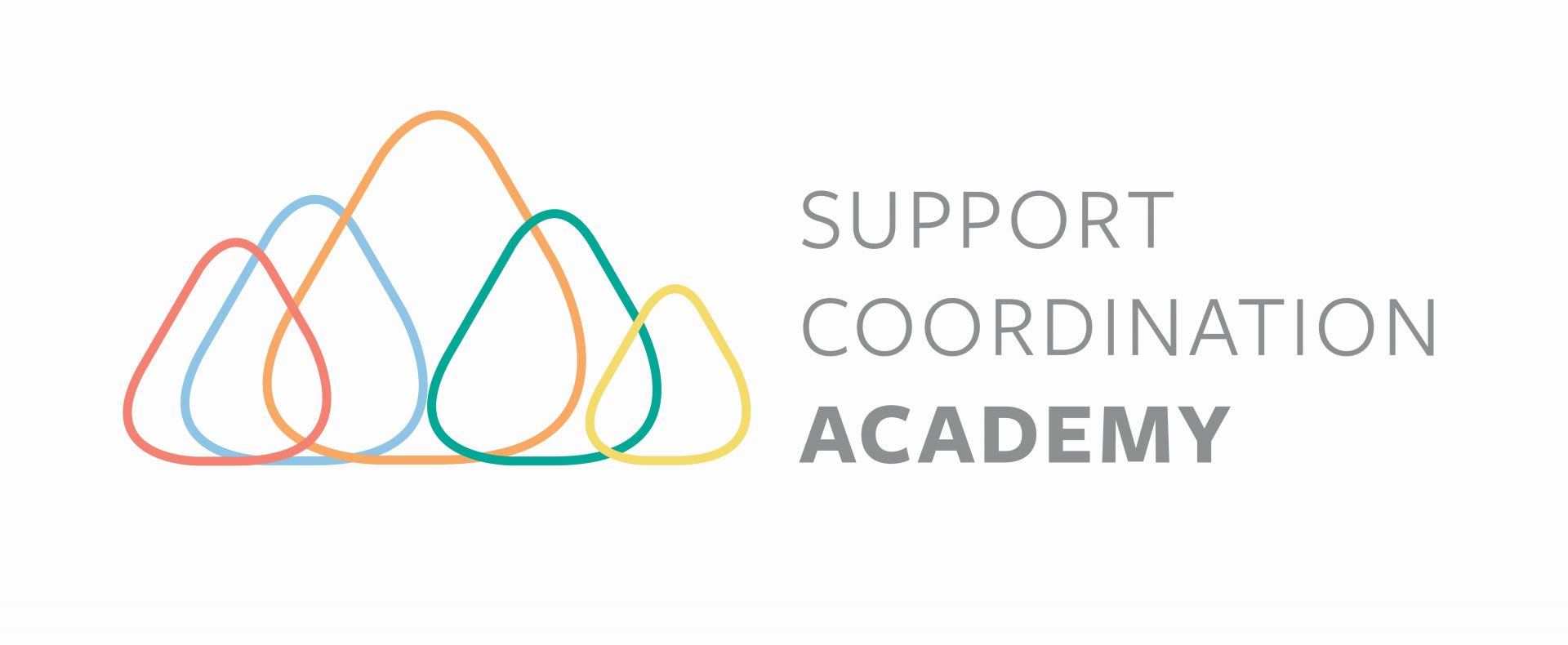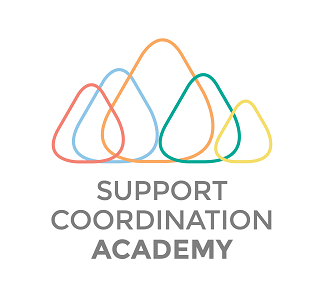Cultural Competency in Support Coordination: Why it Matters and How to Develop It
As a NDIS Support Coordinator, you’ll
work closely with participants, families, and support teams from a range of
diverse cultural backgrounds. Your ability to understand and appreciate their
unique cultural values, beliefs, and practices can significantly impact the
quality of the services you provide.
You may have questions on how to provide
support to participants from different cultural backgrounds, what common
cultural misunderstandings to avoid, and how to develop cultural competency in
your role.
In this article, we will explore the
importance of cultural competency in Support Coordination and provide practical
advice to develop it.
Important Resource for Support Coordinators: NDIS Cultural and Linguistic Diversity Strategy
The NDIS recognises the importance of Cultural
and Linguistic Diversity (CALD) in the disability sector. To ensure people with
disability from CALD backgrounds receive the support and services they need,
the NDIS has developed the Cultural and Linguistic Diversity Strategy.
This comprehensive strategy aims to provide
Support Coordinators with the resources and tools they need to understand and
meet the needs of people with disability from diverse cultural and linguistic
backgrounds. The strategy includes a range of initiatives such as training
programs, engagement with CALD communities, and partnerships with multicultural
organisations. As a Support Coordinator, it is important to be aware of this
strategy and utilise its resources to ensure that you are providing a
culturally sensitive and appropriate service to all NDIS participants.
Understanding Cultural Competency in Support Coordination
Cultural competency refers to the ability
to understand, respect, and work effectively with individuals and groups from
different cultures.
By developing cultural competency, you can
help bridge cultural gaps, promote mutual respect, and ensure that your
participants understand the information being provided and are empowered to
have choice and control over the services they need.
When participants feel their Support Coordinator
understands and respects their cultural background, they will be more likely to
trust their advice and recommendations. Additionally, cultural competency can
help Support Coordinators avoid common cultural misunderstandings, which may
include:
- Assuming that all participants have the same level of English proficiency
- Failing to take into account cultural practices around family roles and hierarchy
- Making assumptions about participants' dietary restrictions or preferences
- Misunderstanding cultural concepts of time and punctuality
By understanding and respecting the
cultural backgrounds of participants, Support Coordinators can provide more
effective and respectful support coordination services.
Developing cultural competency requires effort, education, and self-reflection
Here are some practical tips for Support
Coordinators to develop cultural competency in their role:
- Educate yourself on different
cultures and customs: Support Coordinators need to make time to understand the
unique cultural practices, beliefs, and values of the participants they are
working with. This knowledge can be gained through research, reading, and
attending cultural events.
- Engage with the community and
build relationships with local cultural groups: Support Coordinators benefit
from engaging with the local community to learn about different cultures to build
positive connections within the community. These relationships provide valuable
insights into the unique needs and preferences of participants from diverse
backgrounds.
- Use interpreters and
translators when necessary: Language barriers can be a significant obstacle to
effective communication. Support
Coordinators need to understand how to access interpreters and translators through
the NDIS, to ensure participants fully understand the information being
provided.
- Discuss the importance of
ongoing training and development for cultural competency: Cultural competency
is not a one-time achievement but a continuous process. Support Coordinators
should engage in ongoing training and development to stay up to date with the
latest practices and strategies for providing culturally responsive support.
By following best practices and strategies for overcoming challenges, Support Coordinators can provide more effective and culturally sensitive support to participants from diverse backgrounds.
Some of these best practices include:
1. Being aware of and respecting
cultural differences: Support Coordinators need to understand and respect cultural
differences, as well be mindful of their own cultural biases and taking steps
to overcome them.
2. Asking open-ended questions to
avoid assumptions: This can help Support Coordinators avoid making assumptions
about participants' needs and preferences and helps to build trust and rapport
between the Support Coordinator, the participant and their extended network.
3. Being mindful of body language
and nonverbal cues: Body language and nonverbal cues can convey different
meanings in different cultures. Support Coordinators should be aware of these
differences and adapt their communication style accordingly.
4. Being flexible and adaptable when
delivering services: Support Coordinators should be willing to adapt their
service delivery to meet the specific needs of participants from different
cultural backgrounds. This may involve collaborating with community organisations,
seeking out specialised services or connecting with an extended family/peer
network.
As the NDIS continues to grow and evolve, cultural competency will become an increasingly essential skill for Support Coordinators
As NDIS Support Coordinators, it is
essential that we understand the importance of cultural competency in our work,
to improve communication and build trust with participants from diverse
backgrounds.
Remember, developing cultural competency is an ongoing process that requires time and effort. It may not always be easy, but it is worth it to provide the best possible services to participants from diverse cultural backgrounds.
Let's strive to be culturally competent and inclusive in all aspects of our work and make a positive impact in the lives of those we support.

